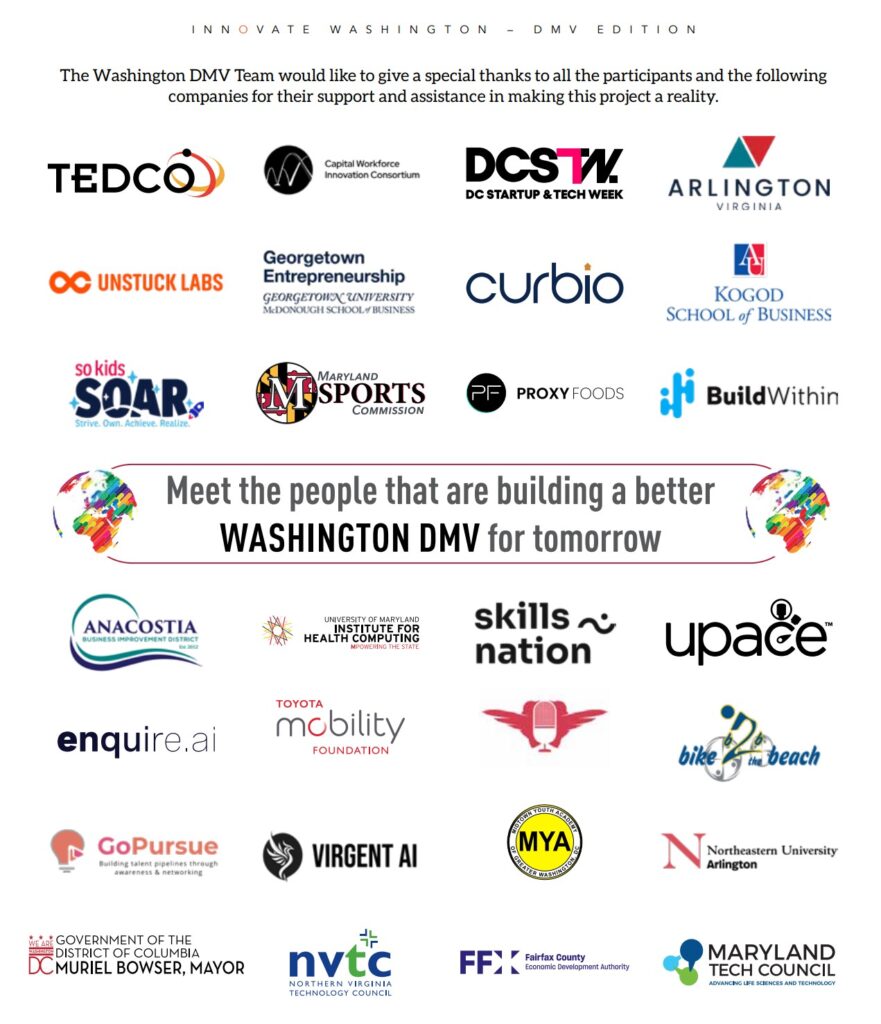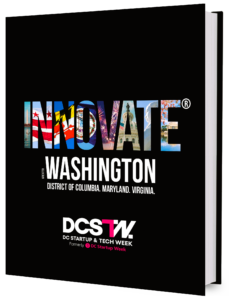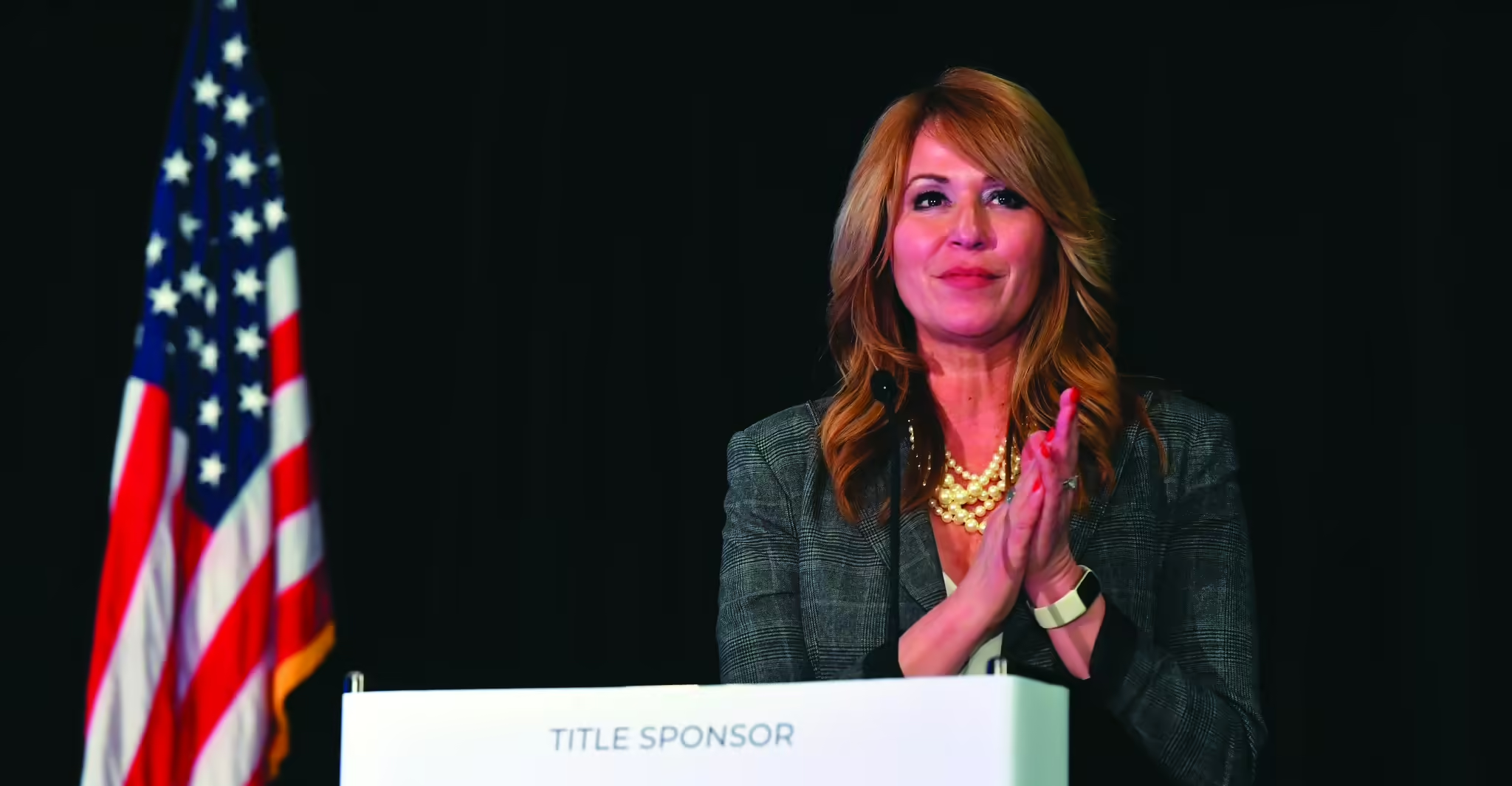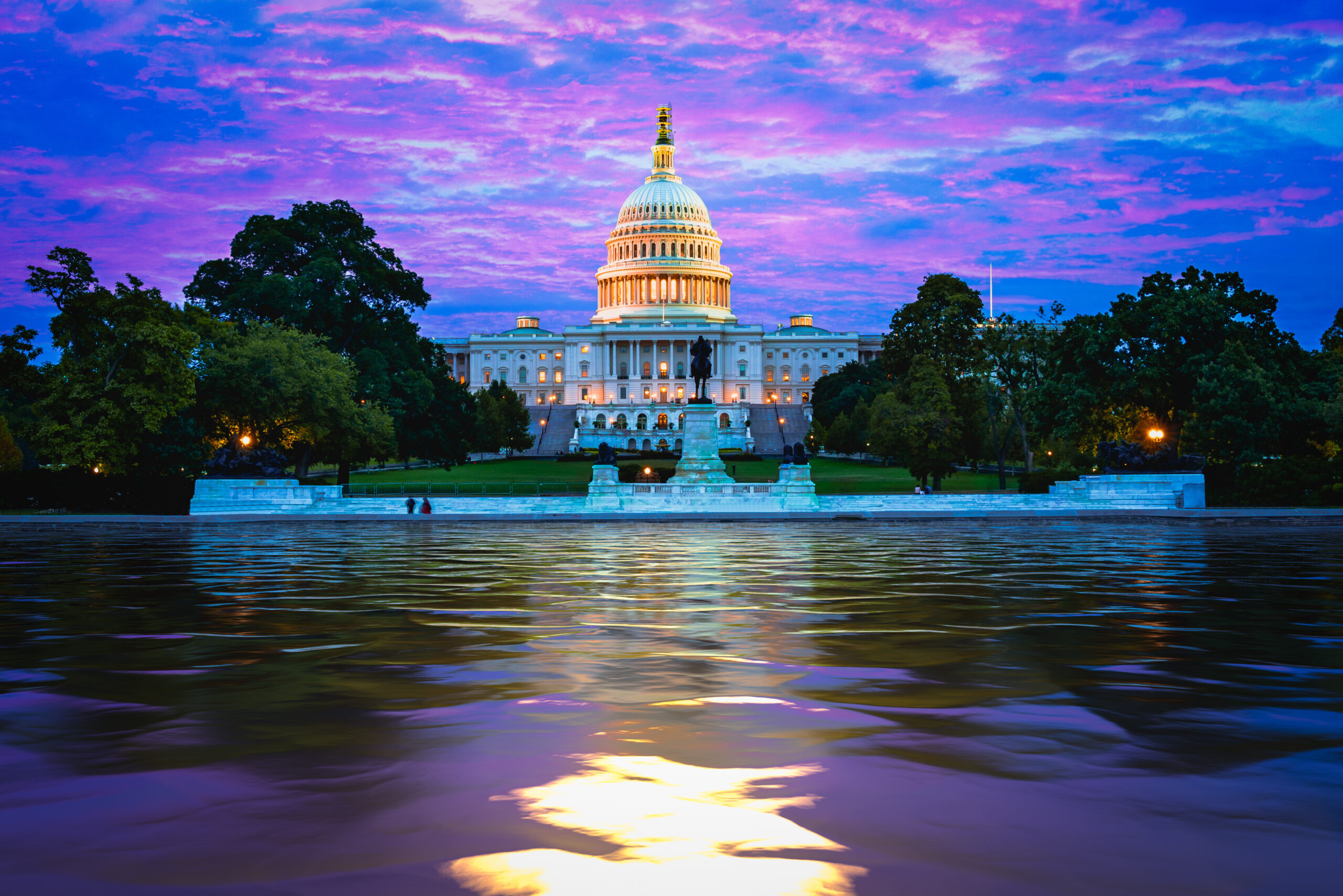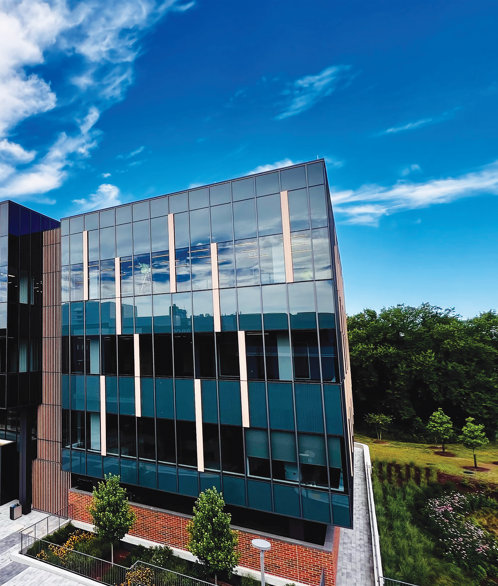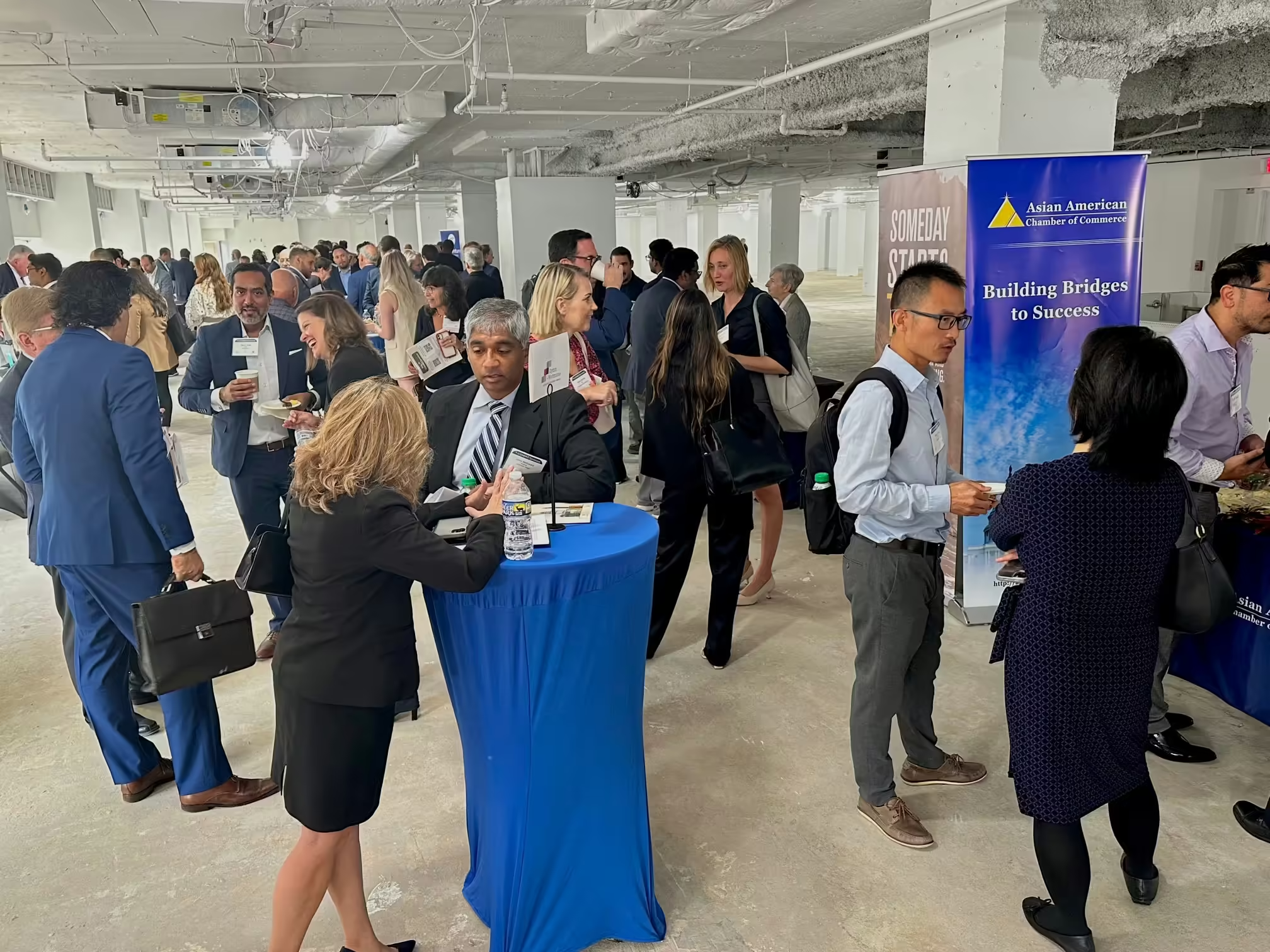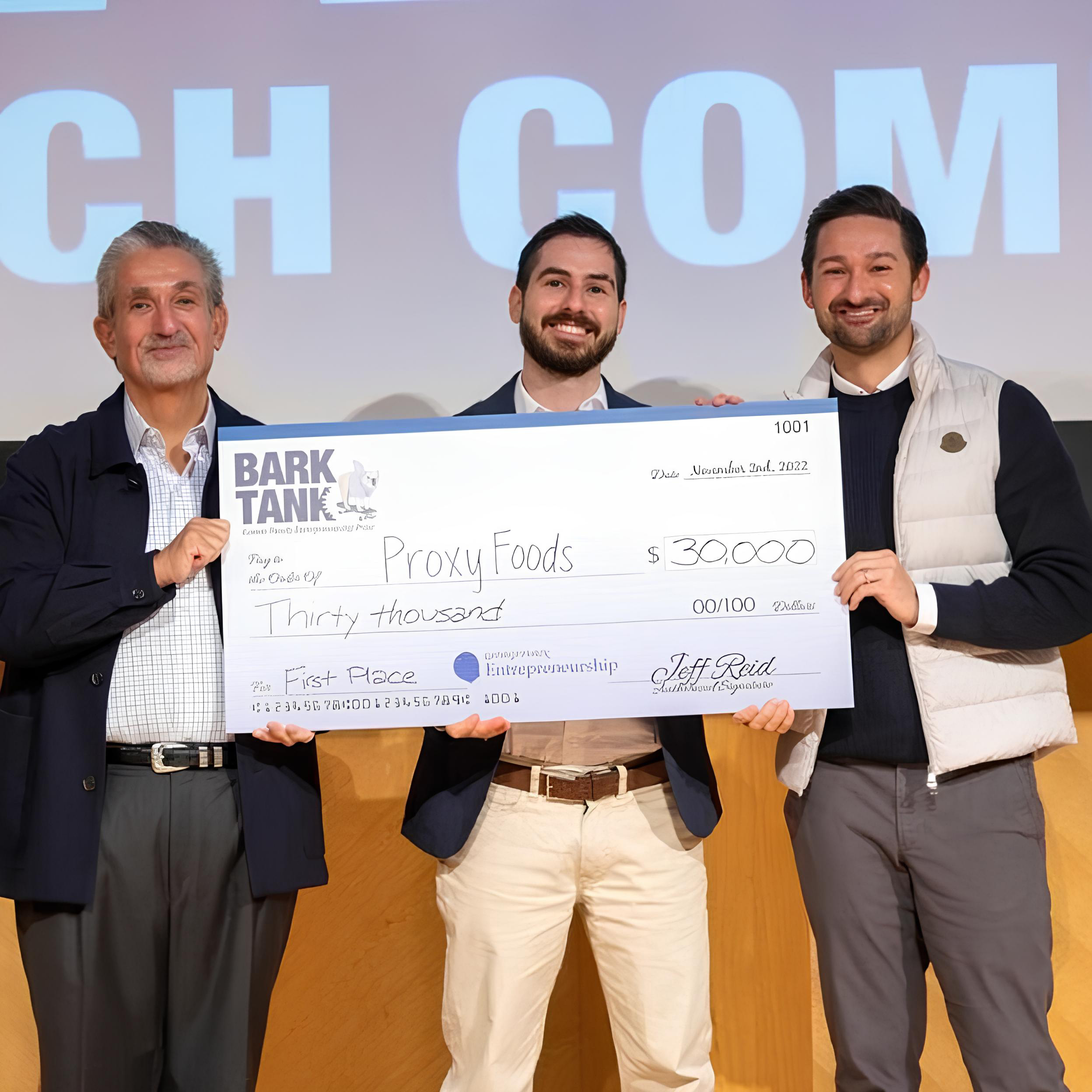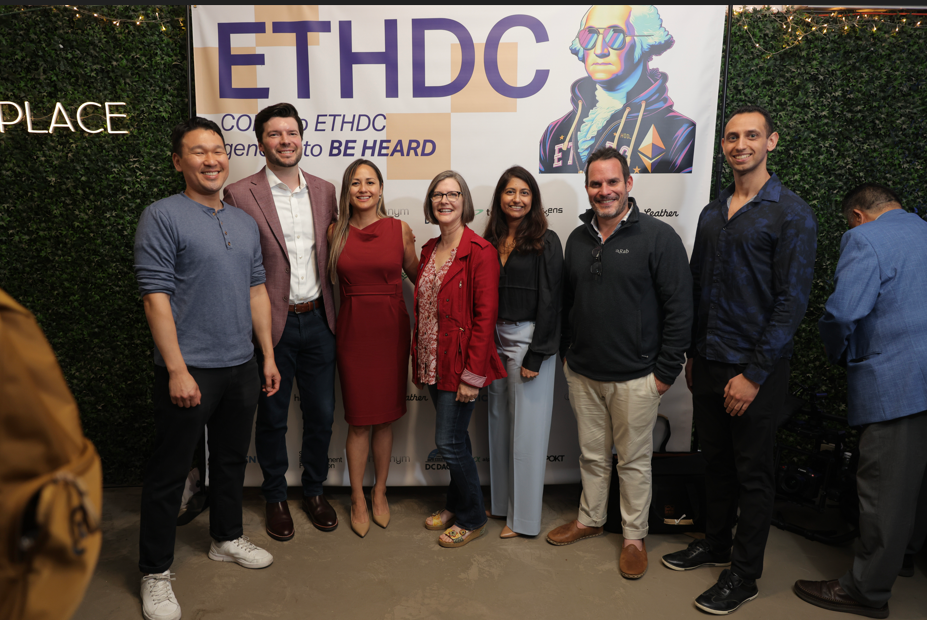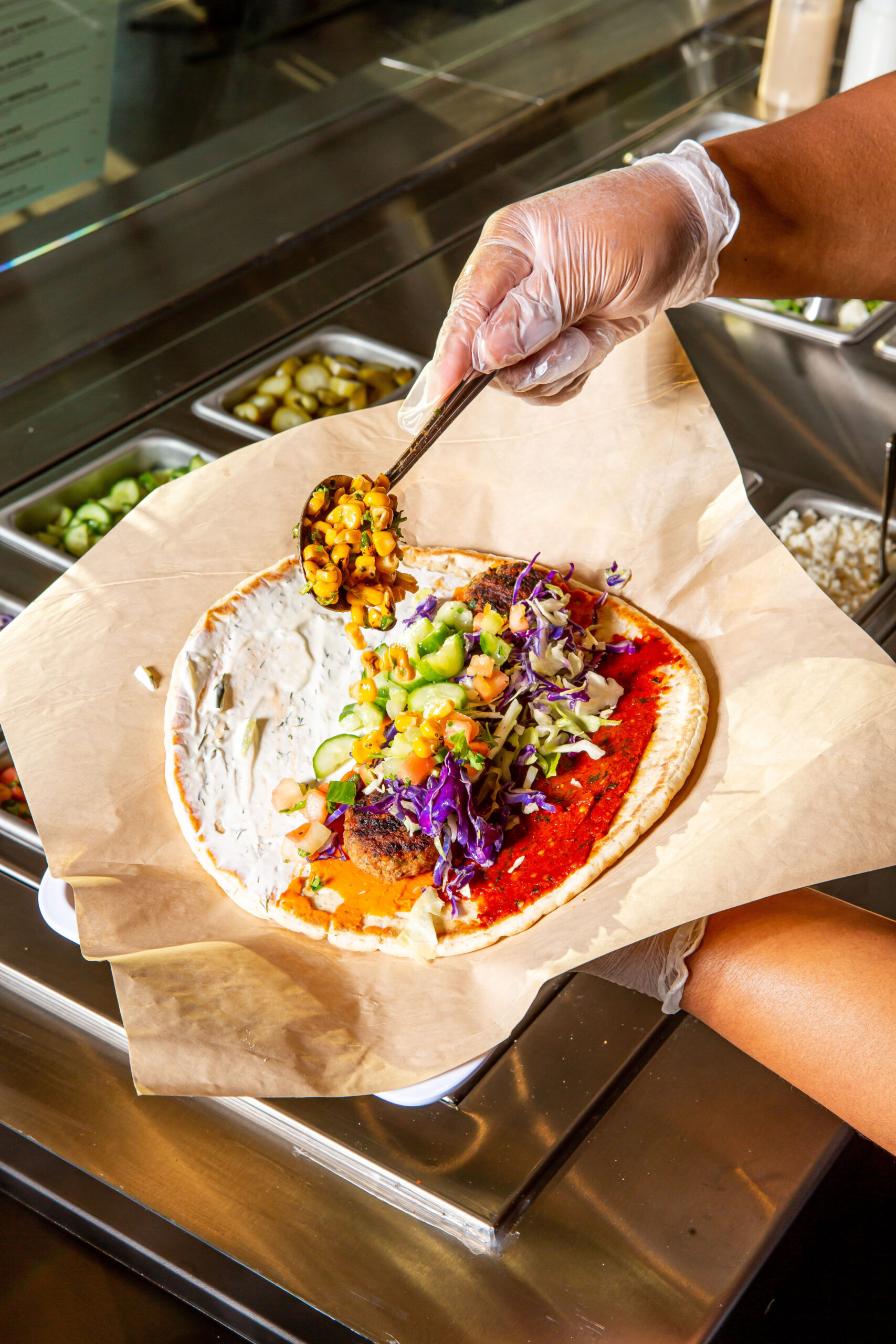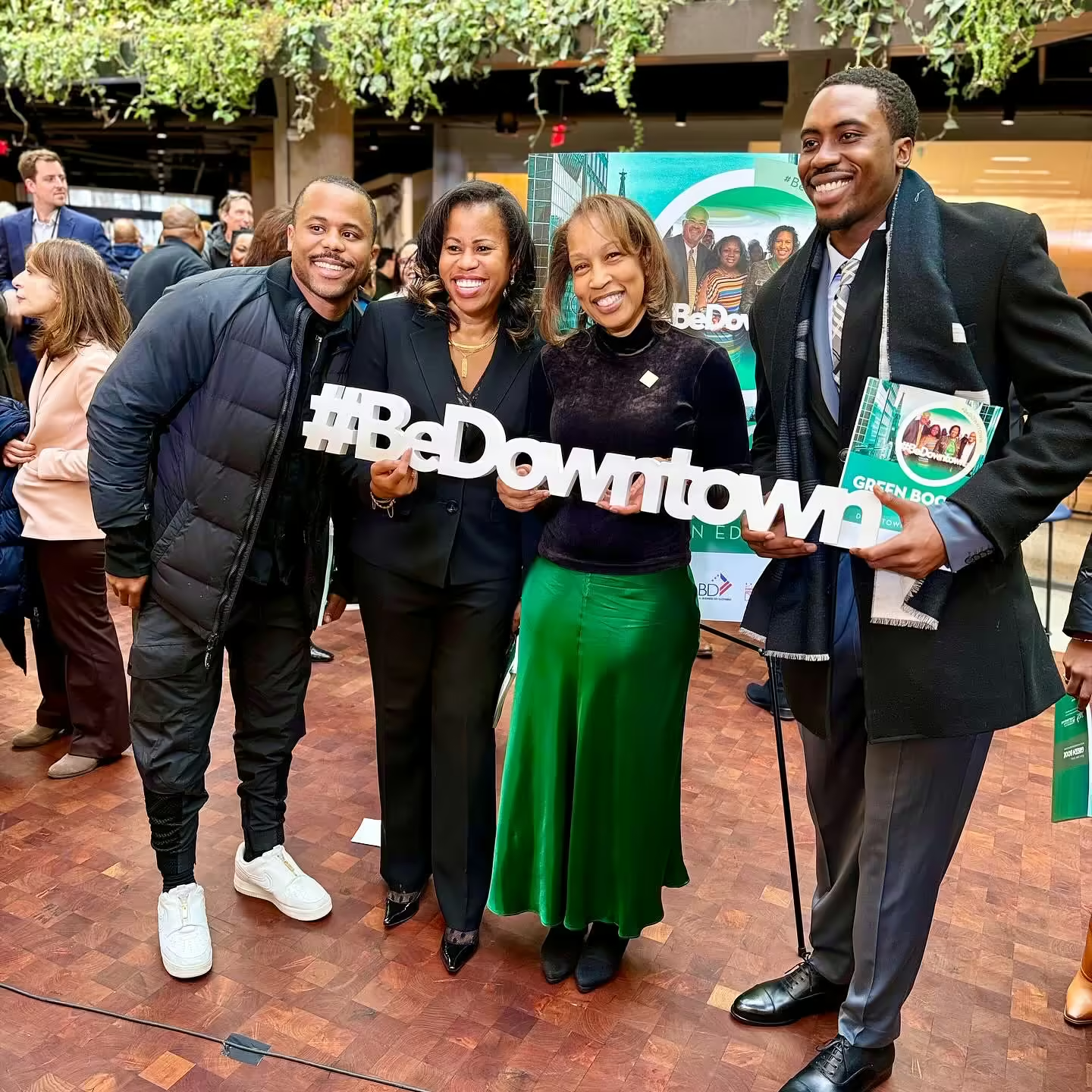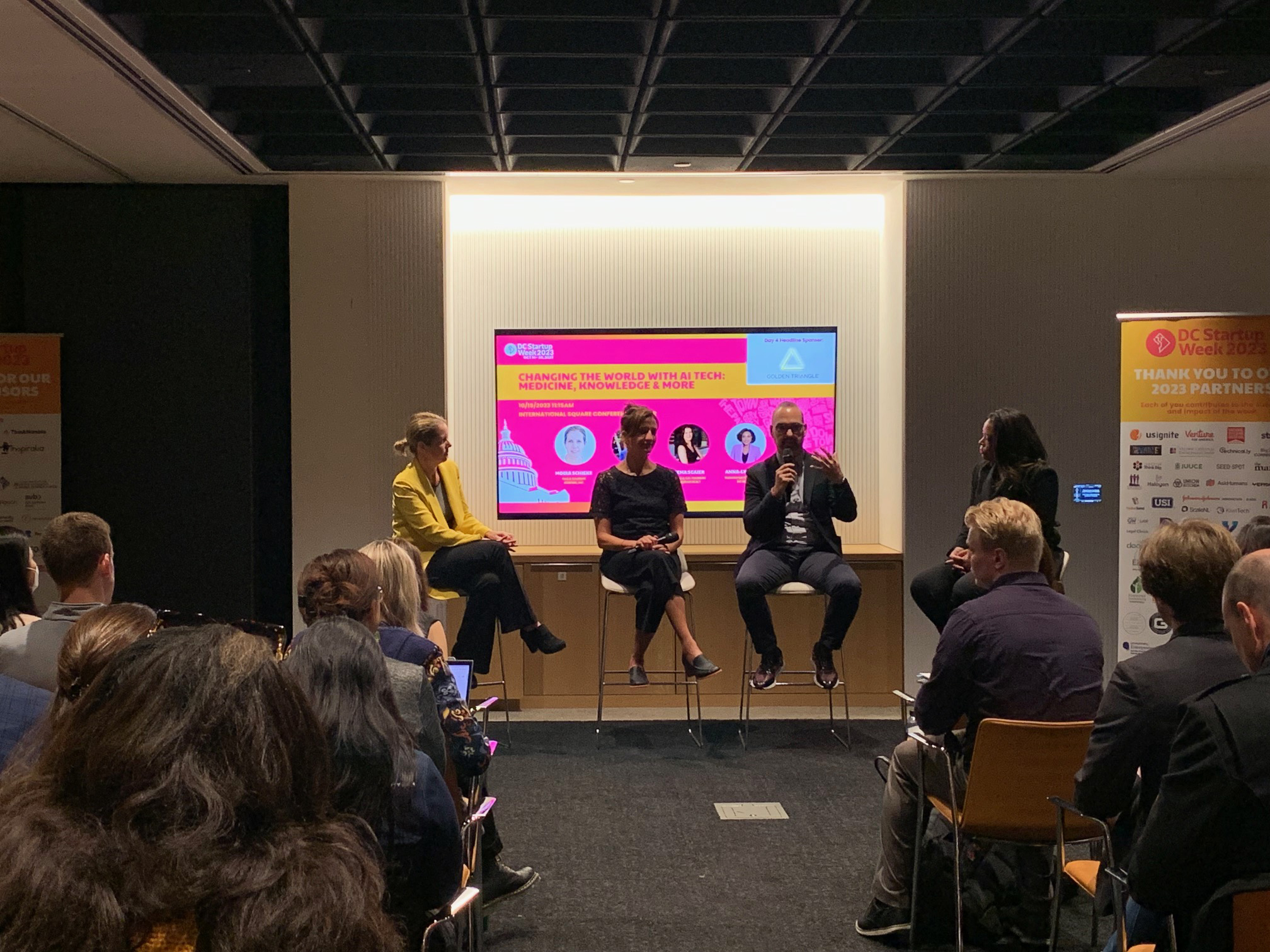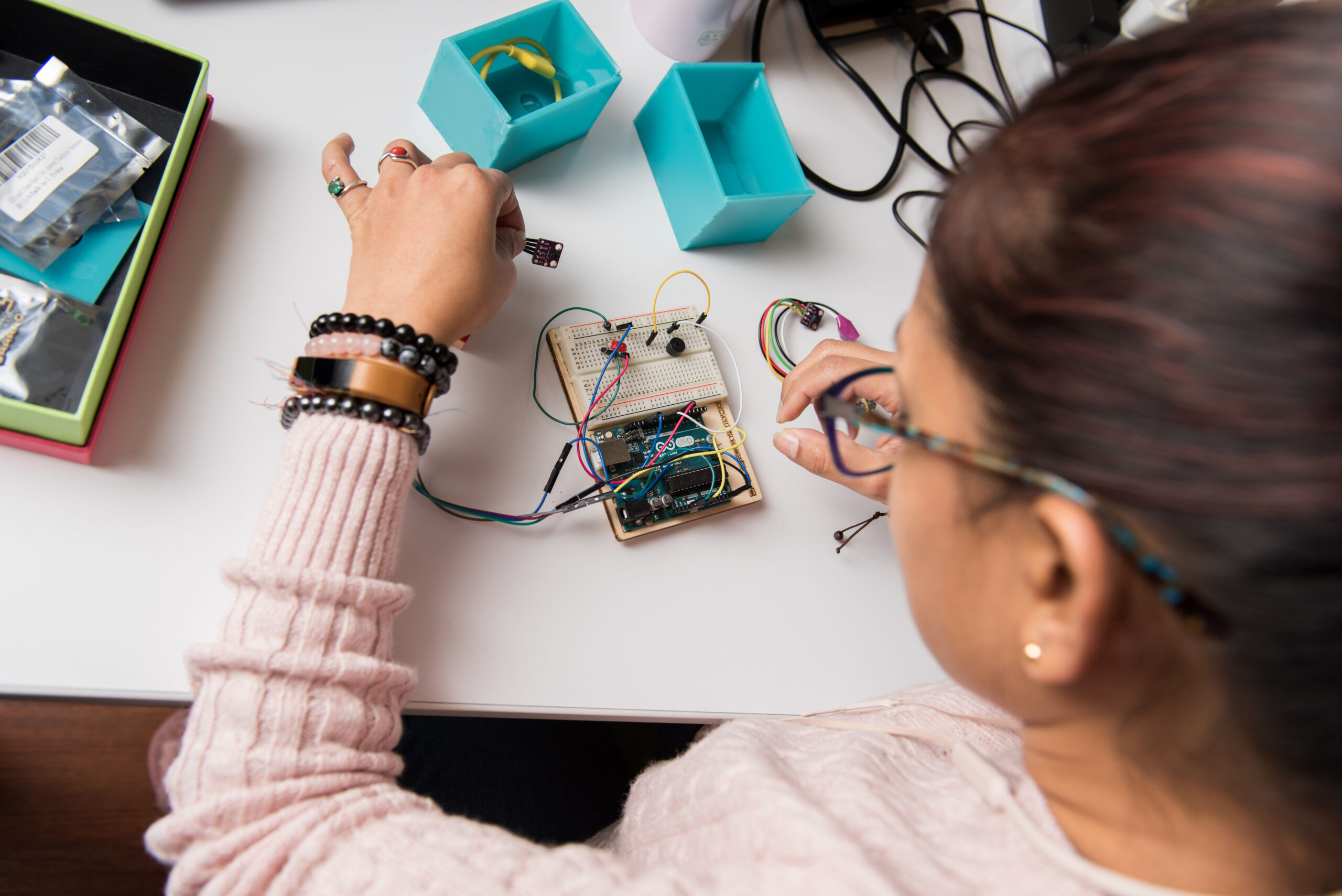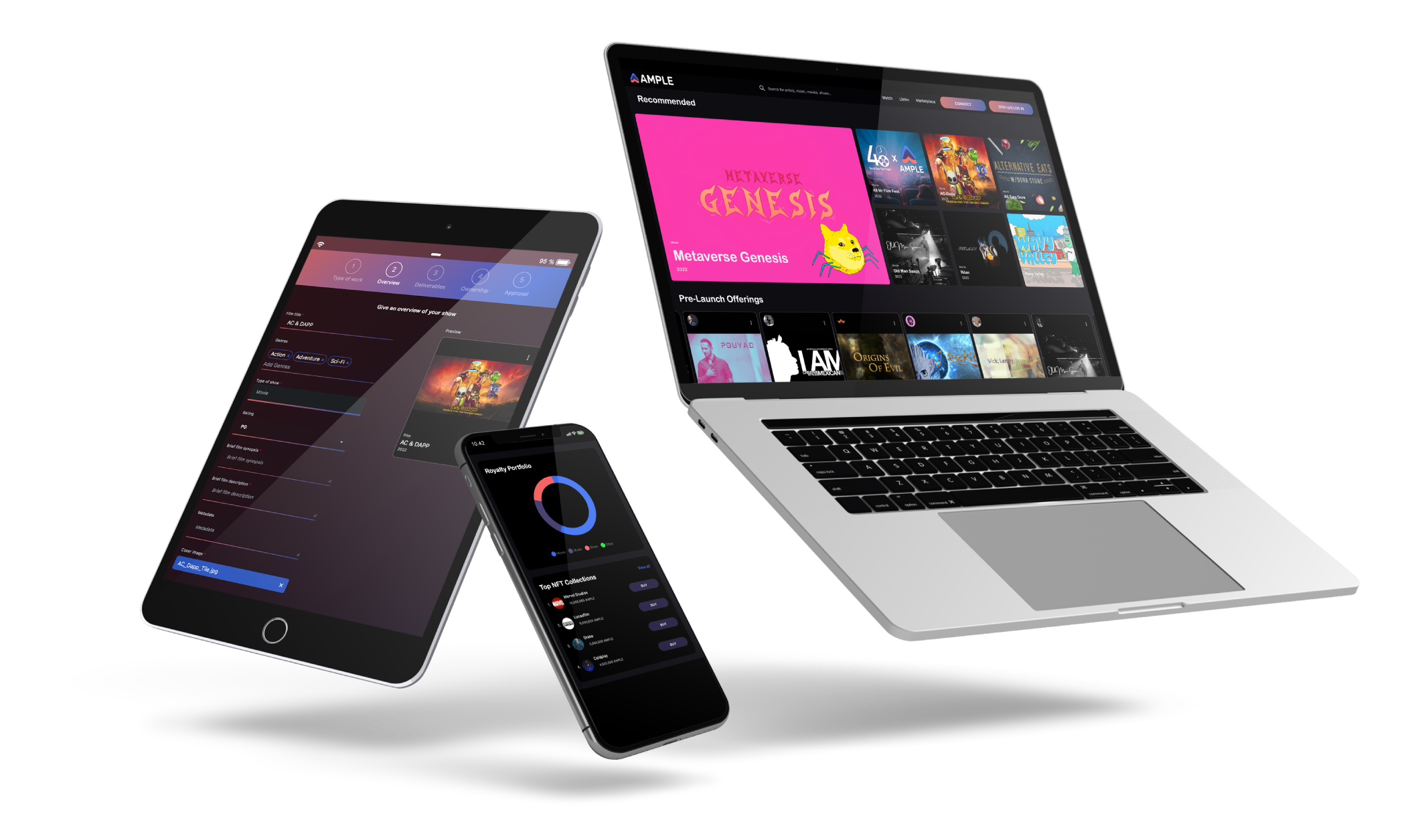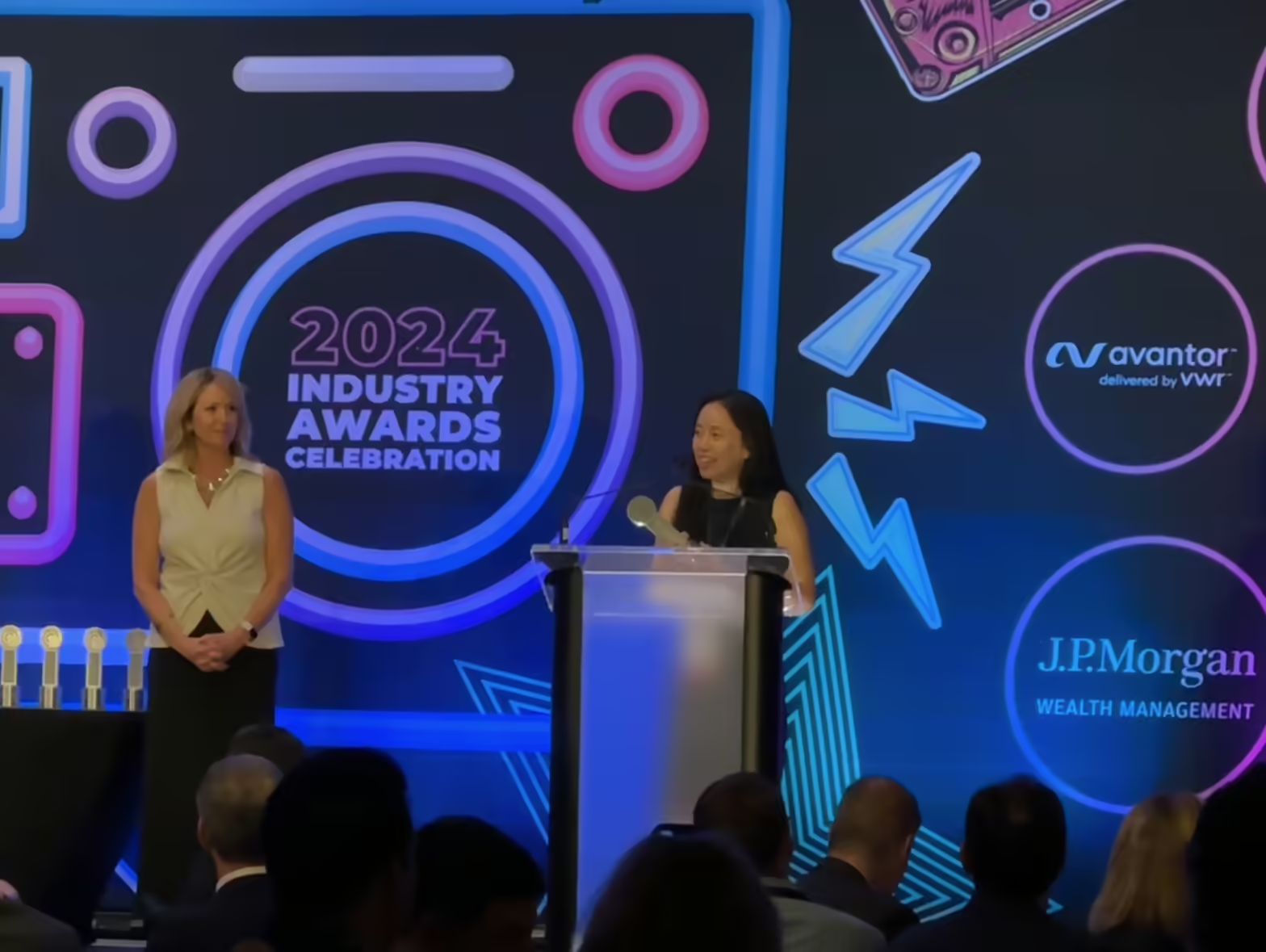THE DMV REGION: A GROWING HUB FOR STARTUP AND TECH INNOVATION
Authors: Sameer Rao & Kaela Roeder, Technical.ly
The DMV region is a bustling hub of innovation, startups, and technology. It is home to over 6 million people and extends across three jurisdictions: the District of Columbia, the Maryland suburbs, and Northern Virginia. Each brings unique anchors that define a robust tech and innovation ecosystem.
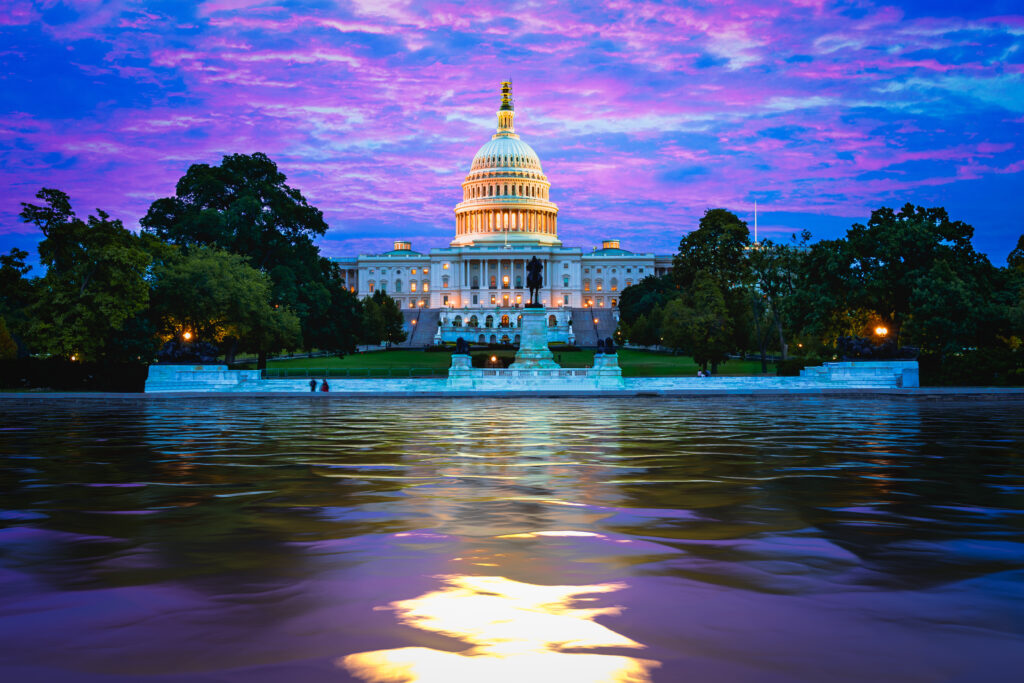
How robust? According to industry trackers, tech job postings in Washington, D.C., outpaced even New York City in early 2024. Across many small firms and a sizable number of global companies, the region counted more than 270,000 tech industry jobs in 2023.
That’s more than triple the similarly sized Philadelphia metro area and nearly double the Atlanta region’s count. On the funding side, venture capital investment saw a much less dramatic post-pandemic drop in the DMV than the national average, per PitchBook data, with close to $5 billion invested in 2023.
Several factors contribute to this innovation economy strength, but the most obvious is proximity to the center of the United States government and the action on Capitol Hill.
Dozens of big-budget federal agencies, from the Pentagon to the Department of Energy, regularly contract with tech firms in the private sector. In part because of this dynamic, most of the region’s successful startups are B2B (business to business) or B2G (business to government), though there are plenty of founders with consumer-facing ideas, too.
Its wealth of major academic institutions amplifies the region’s catalyzing power of government funding. Public and private universities across the geographies conduct critical research, spin-out companies, and generally prime people for the innovation workforce.
Community is another strength. Recurring events like DC Tech Meetup, Upsurge, ConnectPreneur, and Unstuck Tuesdays, as well as the annual DC Startup Week, foster connection and collaboration. This multi-day convening connects DMV entrepreneurs and draws attendees nationwide for tech and business-related workshops and discussions.
The district government has its own council dedicated to technology and innovation, which is under the Office of the Deputy Mayor for Planning and Economic Development. The council has published work, like the 2023 Pathways to Inclusion report, which broke down the city’s tech assets, accomplishments, and quantitative benchmarks to recommend moving toward a more equitable and robust sector and the new DC’s AI Values and Strategic Plan.
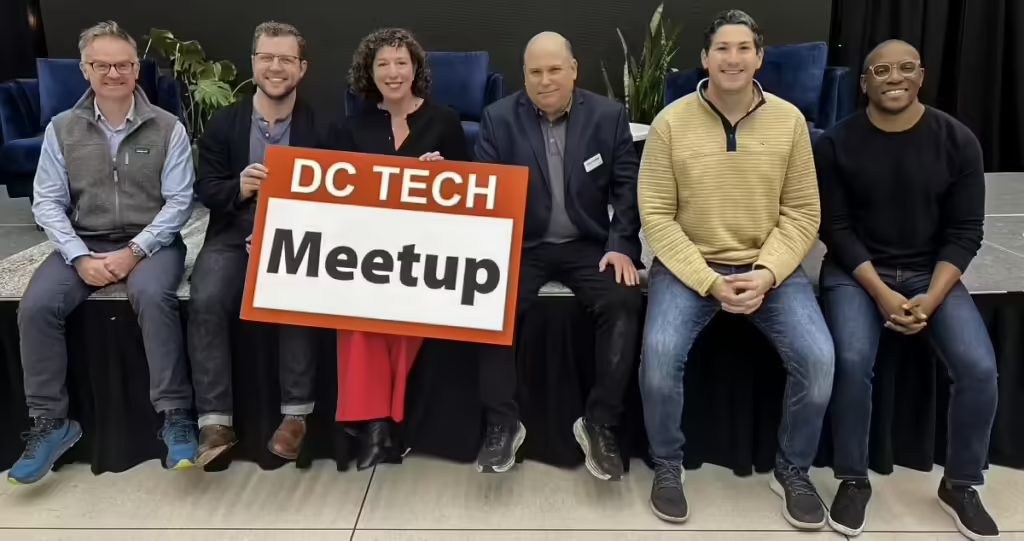
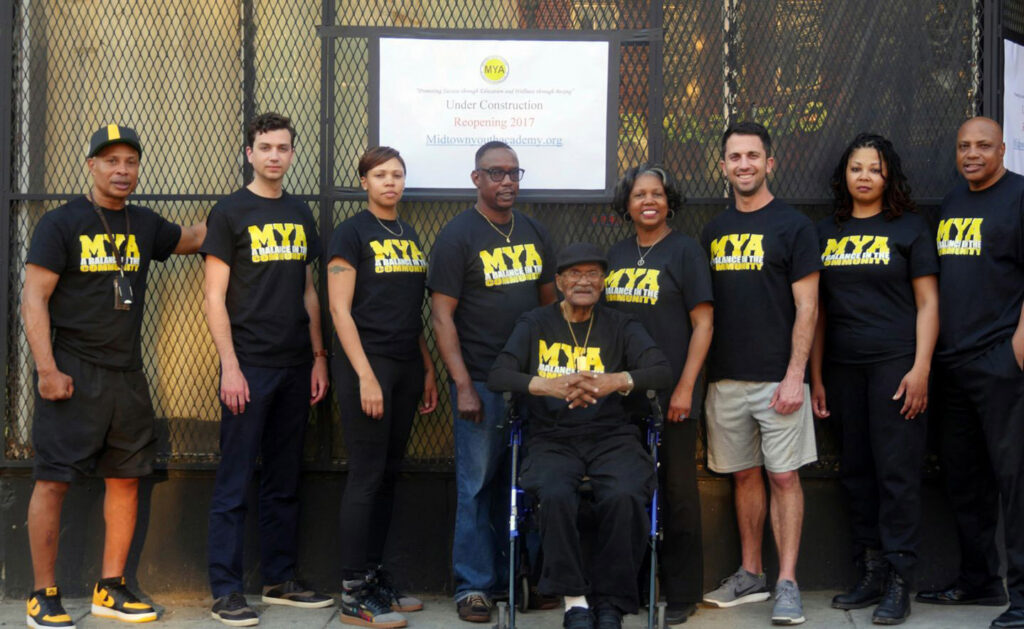
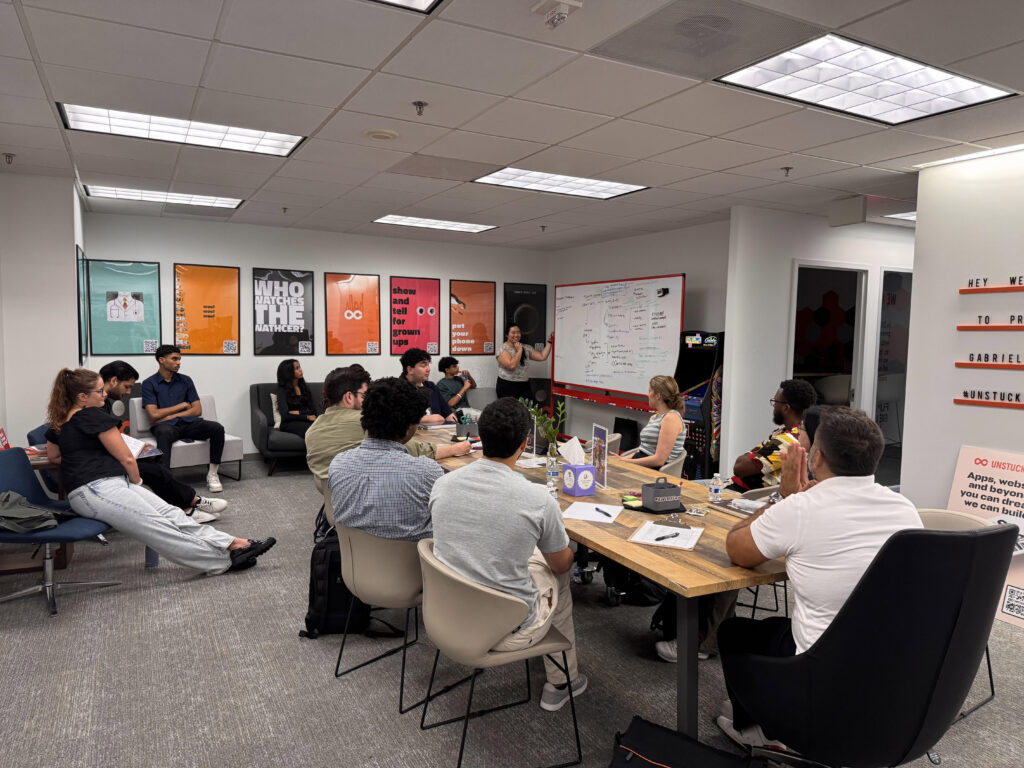
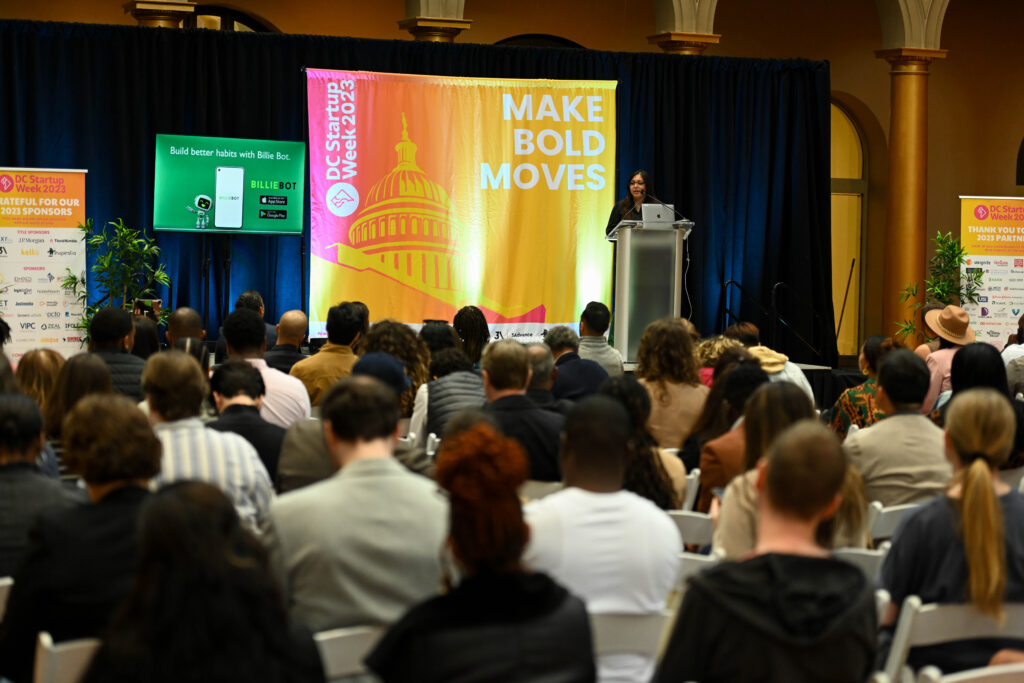
This is where national tech policy develops — setting standards or implementing programs determining how employers, employees, creators, and consumers interact with emerging technologies. For example, in 2023, the Biden administration issued an executive order to establish AI safety standards throughout the public and private sectors. That same year, the Economic Development Administration launched its Regional Tech Hubs program to pump millions of dollars into developing ecosystems throughout the country.
That policymaking power brings lobbying activity. Tech companies spent over $300 million on lobbying efforts in 2023, with $74 million coming from giants Amazon, Alphabet, Meta, Apple, and Microsoft. These big tech companies aren’t just sending envoys to persuade lawmakers — they’re establishing roots, taking up a combined 791,000 square feet of city office space in 2023.
Lobbyists are also moving into the venture capital world, which has grown in D.C. In 2024, Silicon Valley powerhouse Andreessen Horowitz announced plans to set up an office in the district, and lobbying firm J.A. Green & Co. announced a partnership with local investment firm Anzu Partners to create a new $100 million fund for defense technology.
Local universities also bolster the D.C. innovation scene. Georgetown has an Entrepreneurs In Residence program where students can get one-on-one mentorship from business leaders. American University offers a graduate certificate in entrepreneurship and an incubator and other programming via its Veloric Center for Entrepreneurship and Kogod School of Business. Howard University collaborated with PNC to launch the PNC National Center for Entrepreneurship.
Several accelerators are housed in the district, including the social impact-oriented Halcyon Incubator, Seed Spot, the disabled founder-focused 2Gether-International, the consumer packaged goods focused Union Kitchen, women and tech-focused Springboard, and the government and innovation-focused DCode, to name a few.
Maryland: A Major Player in Biotech, Aerospace & Quantum
Maryland has grown substantially over the past few years through innovation and the startup community’s support, specifically in the aerospace, biotechnology, pharma, and quantum computing sectors.
The section of Interstate 270 that runs from Bethesda to Gaithersburg has long been called “DNA Alley” since the Human Genome Project launched inside the National Institutes of Health headquarters. The Food and Drug Administration and the National Institute of Standards and Technology offices are also located nearby.
State-level organizations also play a significant role in boosting the Southern Maryland innovation ecosystem. The Maryland Tech Council, a major trade association, hosts an industry awards ceremony, an annual conference, and other events throughout the year. TEDCO, the Maryland Technology Development Corporation, regularly provides early-stage funding and business assistance to startups in the region.
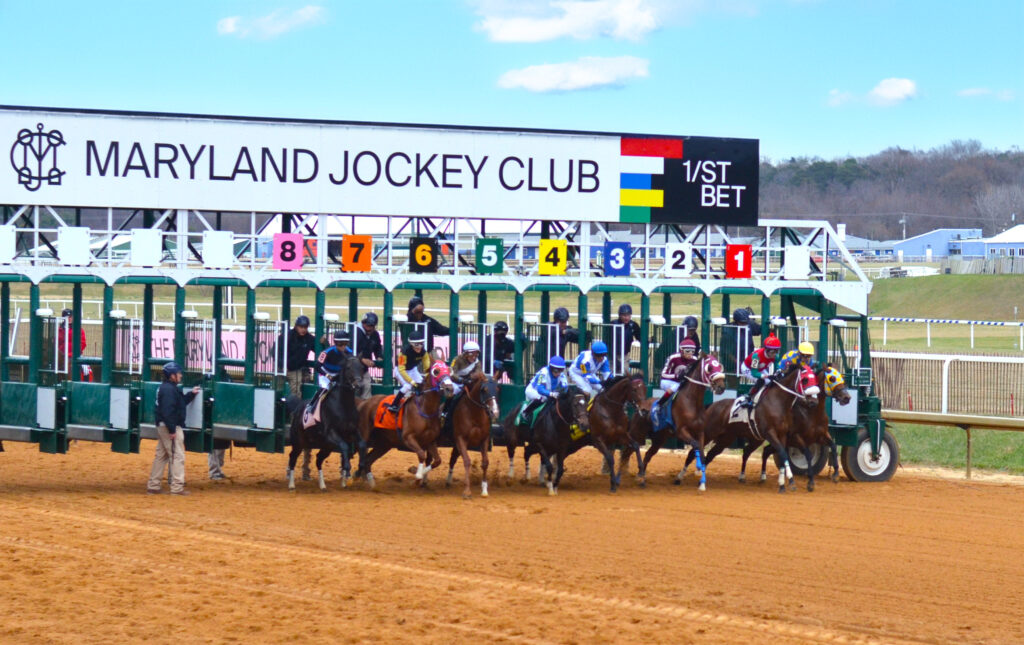

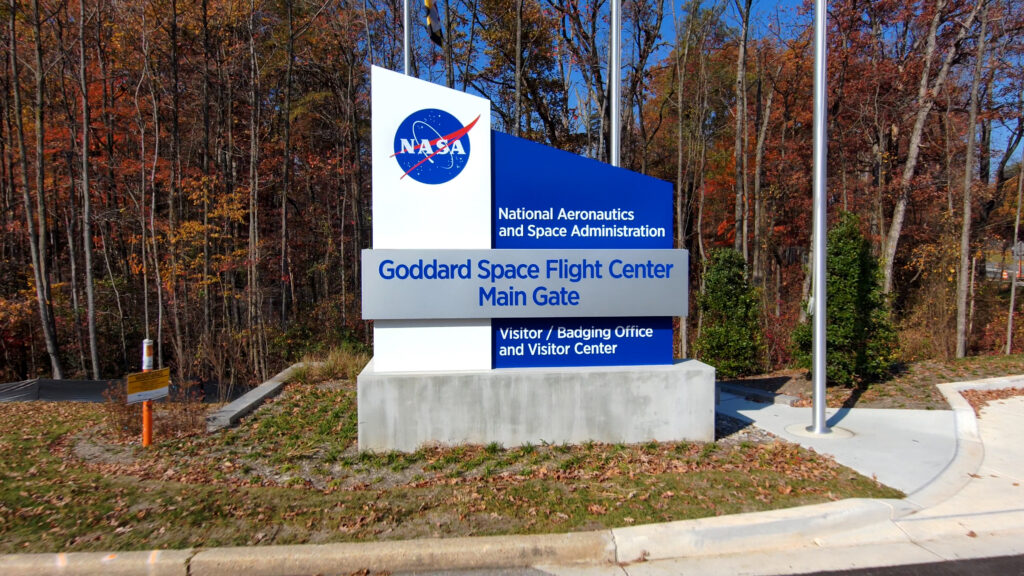
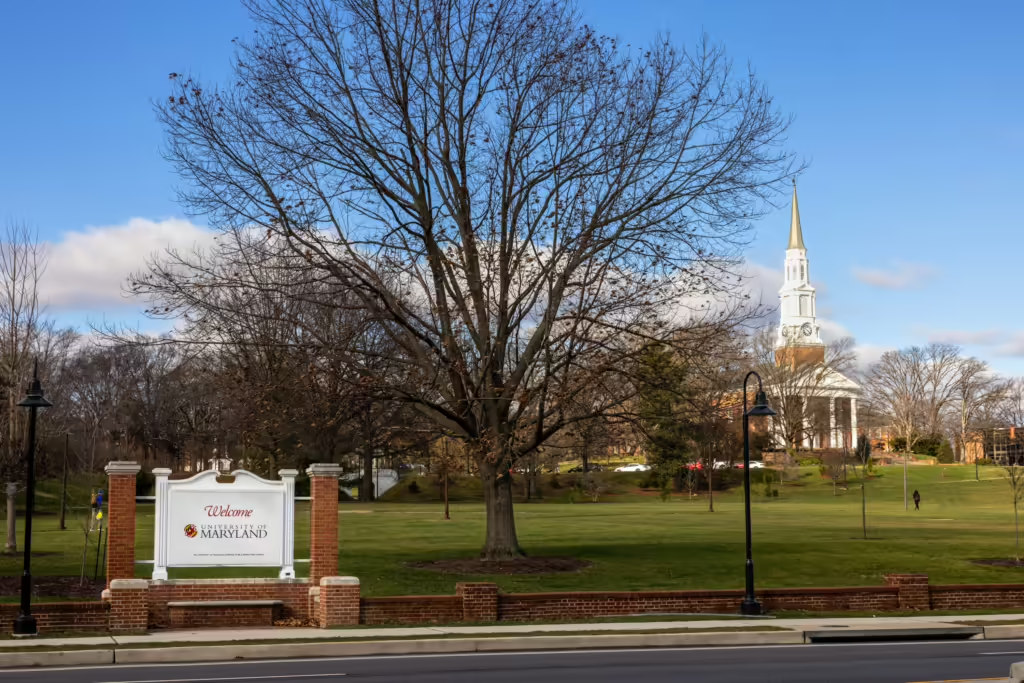
Private sector giants like Adobe, Raytheon, and Capital One are all present at the University of Maryland Discovery District, which also houses university startup spinouts like the quantum computing firm IonQ and federal offices, including the NOAA Center for Weather and Climate Prediction.
According to Lightcast workforce data, software development jobs in Montgomery and Prince George’s counties have grown over the past decade, increasing by more than 25% between 2014 and 2023.
Maryland’s innovation ecosystem thrives on a collaborative network of universities, each contributing unique strengths to the state’s technological and entrepreneurial landscape. While the University of Maryland (UMD) plays a significant role with its top-ranked entrepreneurship programs and vibrant innovation ecosystem, other institutions are equally vital.
Johns Hopkins University brings world-renowned research in medicine, biotechnology, and engineering, complementing UMD’s strengths. The University of Maryland, Baltimore collaborates closely with UMD through the MPowering the State program, enhancing commercialization efforts. Historically Black Colleges and Universities (HBCUs), including Morgan State, Coppin State, and Bowie State, are integral to the Maryland Innovation Extension, a $1.4 million initiative expanding entrepreneurship resources across the state. These institutions focus on serving underrepresented communities and developing new academic programs in tech-focused fields. The University of Baltimore further supports this collaborative network, contributing to the state’s innovation economy.
Together, these diverse institutions form a powerful alliance, leveraging their expertise in fields such as biotechnology, cybersecurity, and quantum computing. This synergy not only enhances research and development but also cultivates a diverse talent pool, ensuring Maryland remains at the forefront of innovation.
By offering a wide array of resources, from startup incubators to research facilities, these universities collectively drive economic growth and attract investment across the state, positioning Maryland as a formidable player in the national innovation landscape.
Virginia: A Locus for Defense Tech, Data, and Developers
Northern Virginia has developed a booming startup and innovation ecosystem ranging from defense, aerospace, cybersecurity, edtech, data centers, and more.
The Pentagon, perhaps Northern Virginia’s most visible federal agency, announces millions of dollars in contracts daily. Northrop Grumman is headquartered there, and it designs and develops missile defense and intelligence tech.
In the private sector, multinational tech giants have established a presence in Virginia. In 2018, Capital One relocated its headquarters to McLean and remains a top employer in the region. Amazon, another major employer, opened its second headquarters in Arlington in 2023.
That same year, Forbes dubbed Arlington the nation’s smartest city (D.C. came in third), with 76% of adults over 25 holding a bachelor’s degree. The same report, however, noted a significant racial attainment gap; less than 1 in 7 degree holders were people of color.
The Northern Virginia Tech Council is a prominent trade association connecting startup founders, Fortune 100 executives, students, nonprofit heads, and others.

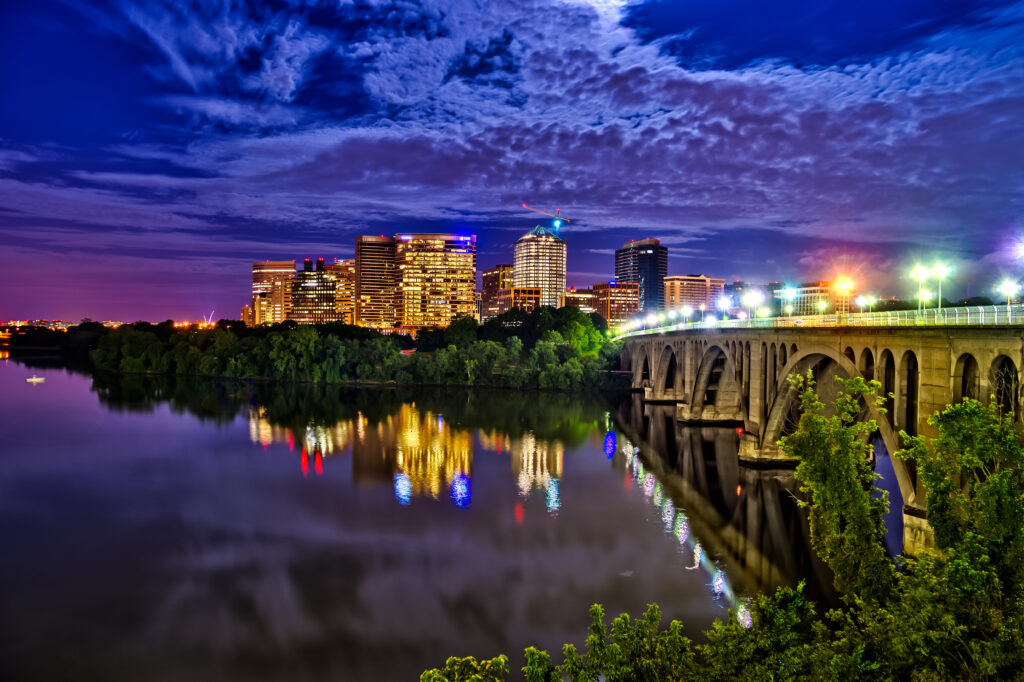
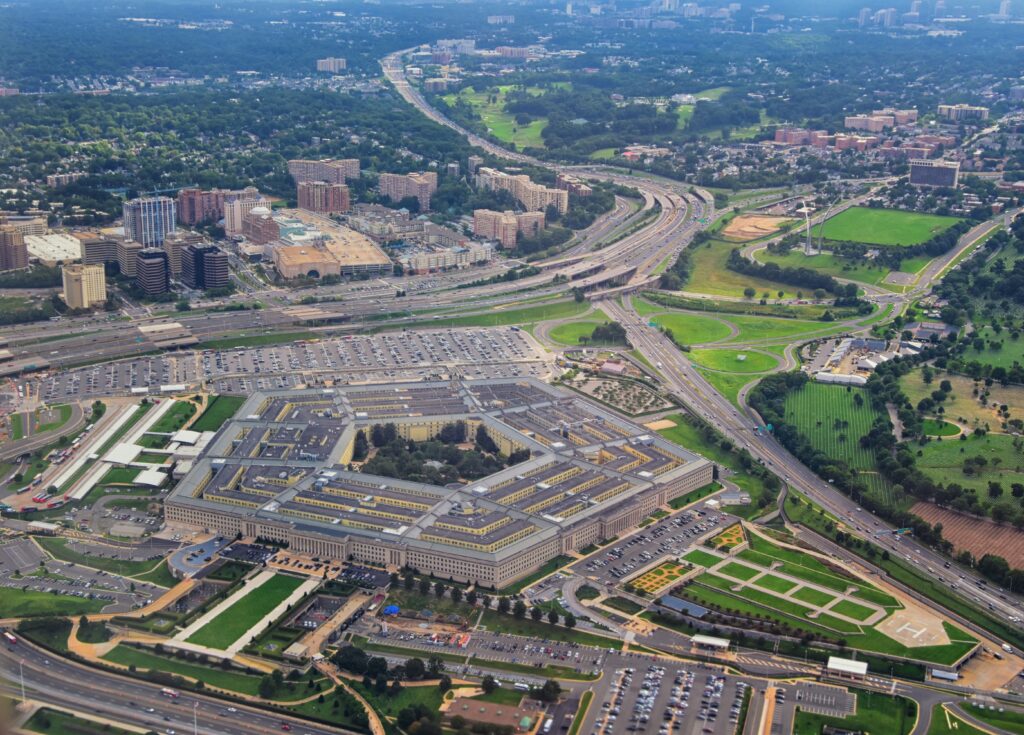
Software development jobs in the region skyrocketed between 2014 and 2023, with Arlington and Loudoun counties’ numbers increasing by more than 90%. Fairfax County had over 30,000 developers in 2023, outpacing other areas in the DMV by far.
Educational institutions are key drivers of innovation in Northern Virginia. Fairfax is home to George Mason University, which operates a Center for Innovation and Entrepreneurship and is known for business and technology education. The Virginia Tech Innovation Campus is slated to open in Alexandria, in the same complex as a branch of Amazon’s—which will further enhance the region’s tech education capabilities.
Perhaps most notably, Northern Virginia has emerged as a global leader in data center infrastructure. In 2024, more than 300 such facilities were active in the region, handling around 70% of the world’s internet traffic. Amazon Web Services operates more than 50 of them, and with generative AI processing increasing demands, companies like Google are investing billions in expanding their presence.
This convergence of federal agencies, tech giants, startups, educational institutions, and world-class infrastructure has positioned Northern Virginia as a powerhouse in the global innovation landscape, driving advancements across multiple sectors and attracting top talent from around the world.
Why the DMV Is The Best Place To Innovate, Incubate & Grow:
In closing, the DMV area (Washington D.C., Maryland, and Virginia) stands out as an exceptional hub for innovation for several reasons:
- High Innovation Scores:
Washington D.C. and Maryland are ranked highly for innovation, with D.C. itself scoring 76 on a 100-point scale for innovation-friendly measures. - Resilient Economy:
The region typically withstands economic downturns better than many other areas, providing a stable environment for startups and new business formations. - Dynamic Growth:
The innovation economy in Washington D.C. is poised for growth, making it a welcoming place for tech firms and startups. - Supportive Community:
The area has a supportive and evolving community that is conducive to innovation, providing a nurturing environment for new ideas and technologies to flourish.
These elements collectively make the DMV one of the best places to innovate, offering a rich blend of resources, a supportive community, and a strong economic backdrop.
Copy contributed by Technical.ly

